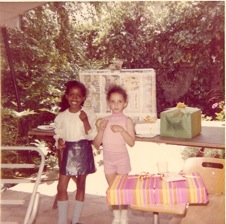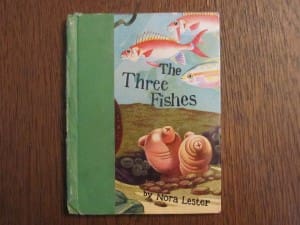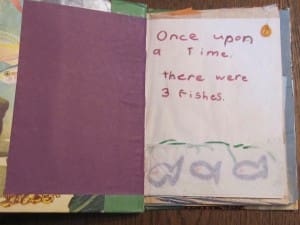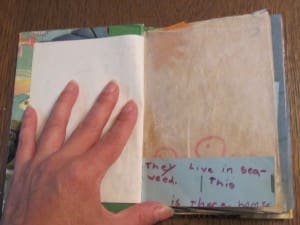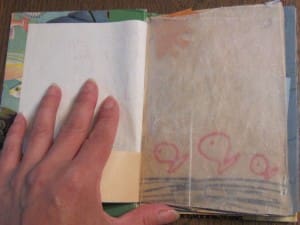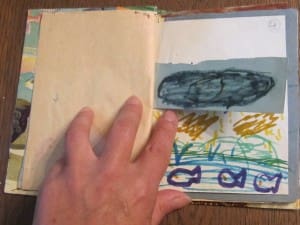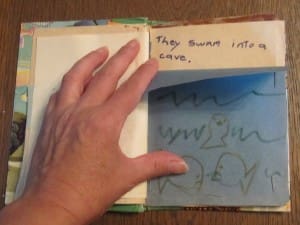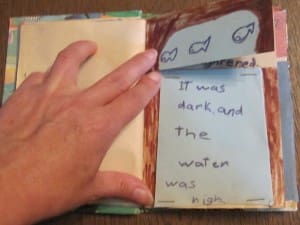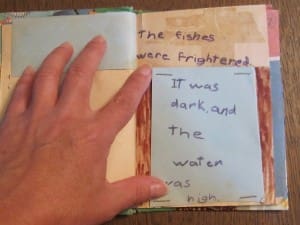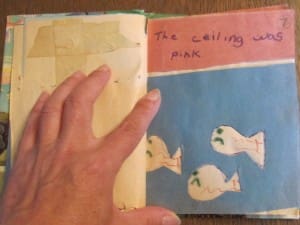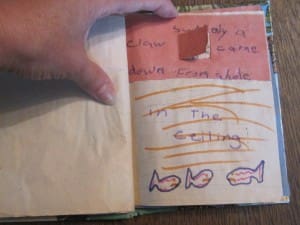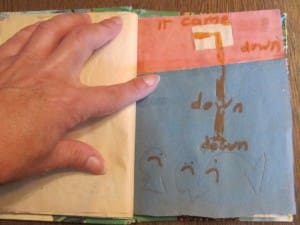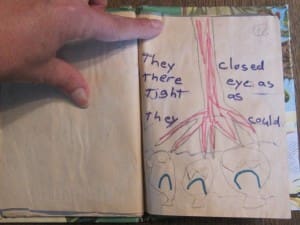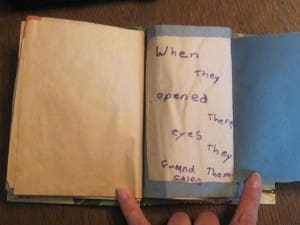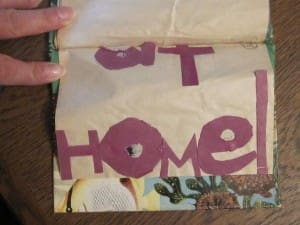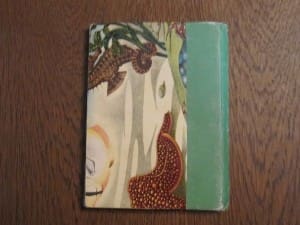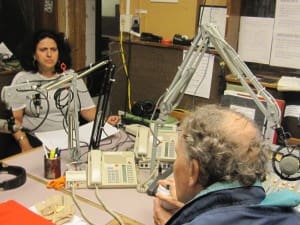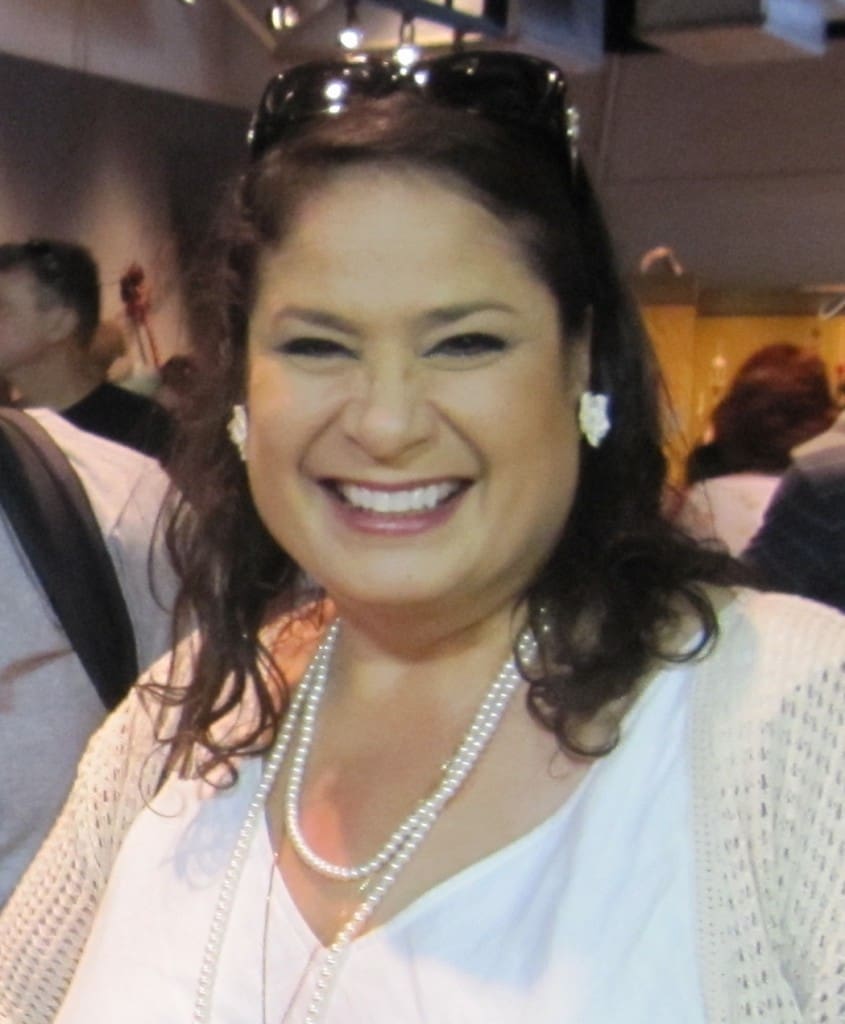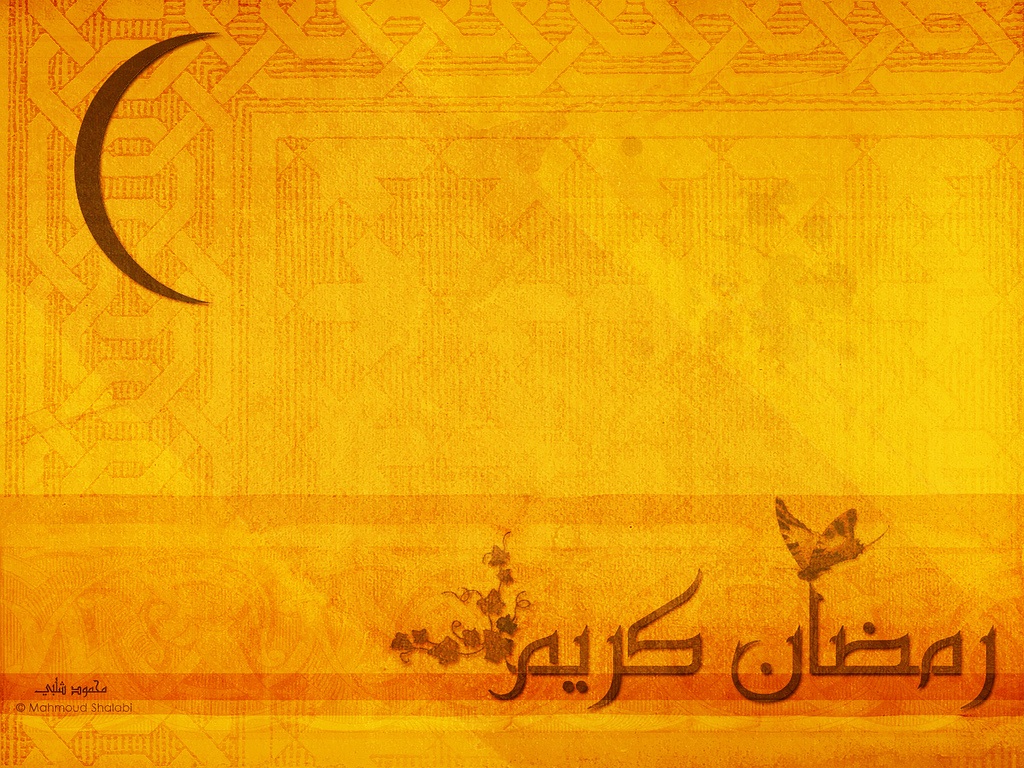My latest article appeared in This Week in Palestine, September 2012. Check out the amazing issue on the theme of “Alternatives” in Palestine. For your convenience, I’ve posted the article below. Please tell me, are there alternatives to dependence on international aid?
Most people I know believe that Palestine is changing, and not for the better. Even those who enjoy a higher standard of living than in the past have a lower overall quality of life. The Palestinian commitment to community is eroding, and individualism and materialism are seeping into the void. The main culprit? Palestine is dependent on international aid.
The billions of dollars circulating through the Palestinian economy may lull us into temporary complacency, but without dignity, empowerment, and a just peace, the promise of development is false. I think most people know this, but can’t imagine the alternative. Well, the alternative to dependence on international aid is simple: don’t depend on aid. Want to know how?
1-Focus on priorities not opportunities
We don’t need so many traffic police crowding up the manara, and we don’t need so many democracy workshops. Yes, there are opportunities to get funding for those things, but we should resist being enticed into implementing others’ agendas. Our own priorities, decided democratically, can bring focus and passion back into daily life.
2-Live more simply
Investing in our collective future rather than short-term individual gain requires us to live more simply. When we borrow money for cars and houses that we can’t pay off without inflated, donor-funded salaries, we have relinquished our independence. If we give up our cappuccinos and drink tea with maramiya, we will spend less and need less.
3-Value Palestinian resources
Too many people buy into the myth that Palestinians are deficient. Think about it: Palestinians live all over the world, speak many languages, and are well connected to people with influence. Palestinians are highly educated and experienced in every field of human endeavour, from science to the arts to politics. Palestinians are drawn together by a shared history, a cultural legacy, a shared future, and endurance. Where is the deficiency? If we calculate the value of Palestinian resources, we will realise that international aid is but a small supplement to the resources available in ourselves and in one another.
4-Share
We can spend less and need less simply by sharing. Two part-time employees can share a computer. Two companies can share office space. We can share our time as volunteers. We can use our public spaces for multiple purposes. Eliminating waste and duplication is a big step toward reducing dependence. Also, eliminating “leakage” to Israel by purchasing Palestinian-made products and complying with boycotts is another way keep Palestinian resources in the community.
5-Cultivate alternative sources of funding
We can inspire solidarity and investment rather than charity by ending complicity, stamping out corruption, and consistently acting with integrity. We can increase local giving by establishing systems for small, regular contributions. Private sector philanthropy can be more strategic and should include international companies that sell to the Palestinian market. Diaspora philanthropy can engage Palestinians around the world in service and the building of long-term endowment funds.
6- international aid selectively
In those cases in which we choose to accept international aid, it should be on Palestinian terms and in ways that don’t promote dependence. Most importantly, we should not be complicit in wasting resources! Palestinians should refuse funds that are tied to use of overpaid foreign consultants who bring little added value or to the purchase of unneeded commodities from the donor country. Refusing bad aid is a national imperative.
7-Remember Palestinian history and culture
Some may find it difficult to imagine alternatives to dependence on aid, but Palestinian history and culture are rich with examples of self-reliance. During the first Intifada, Palestinians didn’t ask, “What can I get?” but “What can I give?” Even the most simple of impulses, to send a plate of grape leaves to a neighbour makes the point. Today, many, many Palestinians give money, time, and love for the Palestinian cause. We must remember and celebrate these aspects of Palestinian history and culture.
8-Be even more innovative
While we mine Palestinian history and culture for examples of self-reliance, we can also learn from innovations in other parts of the world. I heard that a young person in Tokyo can help an aging neighbour and “earn” hours that his or her own aging parent can use to buy help from a young neighbour in Osaka. I’ve seen thriving bartering clubs where members offer skills ranging from dentistry and cooking to babysitting and language lessons, and they receive the same number of hours in services from other members of the club. I experienced a listserv where people in a community posted things they no longer need: office supplies, strollers, or computers, and others come by to pick them up off the front stairs-no charge. There is a lot of exciting innovation happening in Palestine, but there is also much room for innovation, so we depend less on international aid.
* * * *
I remember one of my first bus rides after I moved to Palestine. The bus was nearly empty. The driver wasn’t earning much. Maybe he didn’t even earn enough to buy fruit to bring home. Then we drove by an old fellaha walking on the side of the road. She was a short, round woman in a traditional embroidered dress. She carried fruit in a basket on her head in the heat. It was obvious she was taking her wares to the market but didn’t have the money for bus fare. Our near-empty bus passed her by.
This problem is one of unexploited latent resources. The unused seats on the bus are a resource, but they don’t bring value if unused. The fruit the woman fails to sell is a resource, but has no value if it is tossed in the garbage because people don’t earn enough to buy fruit. The answer to this conundrum is simple: the woman should pay her bus fare in fruit. Unfortunately, it’s hard (really hard!) to modify the way we think and live-especially after years of being trained by the international aid system that money is the only resource that has value. Other obstacles include common beliefs that “We are poor; we can’t give. We are entitled to international aid. Why shouldn’t they give us money since we’re occupied?” And, “Why should I help for free when other people are getting rich?” We must think differently about ourselves, our resources, and one another.
Every time I speak in public I tell the story of the women’s rights activist in Nablus who asked me to help her raise money from donors so she could hire doctors to give lectures on health topics to local women. She said she had been trying to fund the project for years without success. I pointed out that there are many, many doctors in Nablus. Each could give a lecture once a month for free as part of his or her community service. There was no need to focus on the resource she didn’t have (money), when the resource she needed (doctors) was available locally at no cost. How come that wasn’t obvious to her? How come it isn’t obvious to us all?
